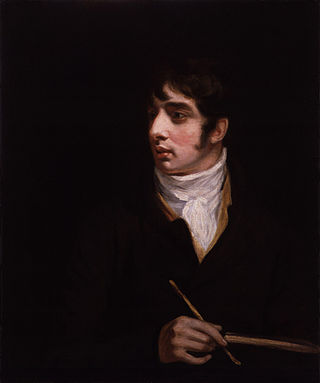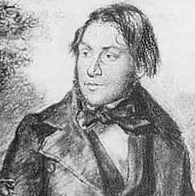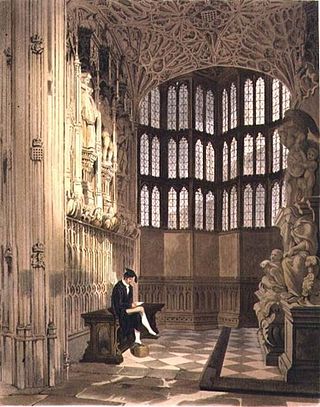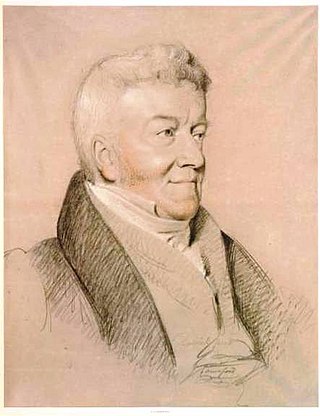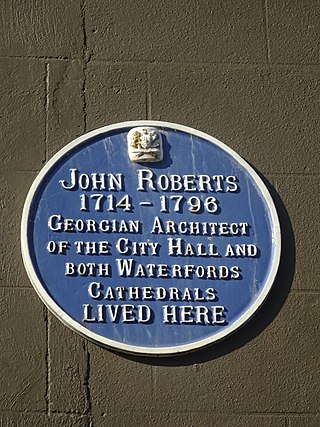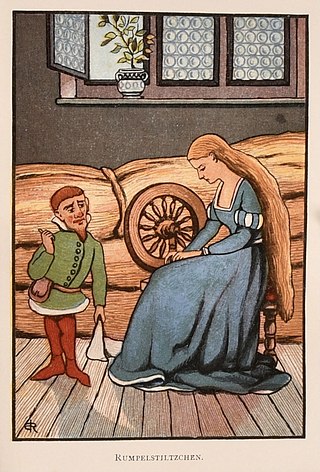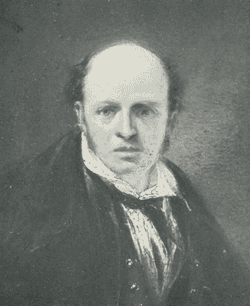Career
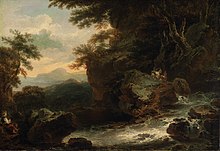
Roberts initially trained as an architect, articled to master of the architectural drawing school of the Dublin Society, Thomas Ivory. In 1777, Roberts was enrolled in the school of landscape and ornament drawing and the school of figure drawing [1] where he won a medal for draughtsmanship in 1779. [4] [5] Now wanting to become an artist, he likely learnt from copying or finishing his older brother's work. His early architectural training is evident in some of his later street scenes in watercolour. Roberts divided his time between London and Dublin. He exhibited with the Royal Academy between 1789 and 1811, and in 1818, and also exhibited with the British Institution from 1807 to 1818. He was a frequent exhibitor with the Society of Artists of Ireland from 1800 with 15 works, [5] going on to show more tan 60 works between 1800 and 1810. [1]
He held a solo exhibition at the former parliament house, Dublin, in January 1802 of watercolours under the patronage of the viceroy, Lord Hardwicke. These were drawings mostly of County Wicklow for an unrealised project: Illustrations of the chief sites, rivers and picturesque scenery of the kingdom of Ireland. At this point he had issued 12 aquatints for this project between 1795 and 1799. Following this exhibition, Roberts focused on oil painting. His work strongly resembled his older brothers, which has led to disputes over attribution. His work is considered less delicate, with his paints applied more heavily. [1] Held in high regard by his contemporaries, he was selected as one of the first 3 members of the Royal Hibernian Academy (RHA) at its foundation in 1823. He was a close friend and collaborator with his fellow artists, William Cuming and John Comerford, with Comerford often adding figures to Roberts' landscapes. [5]
